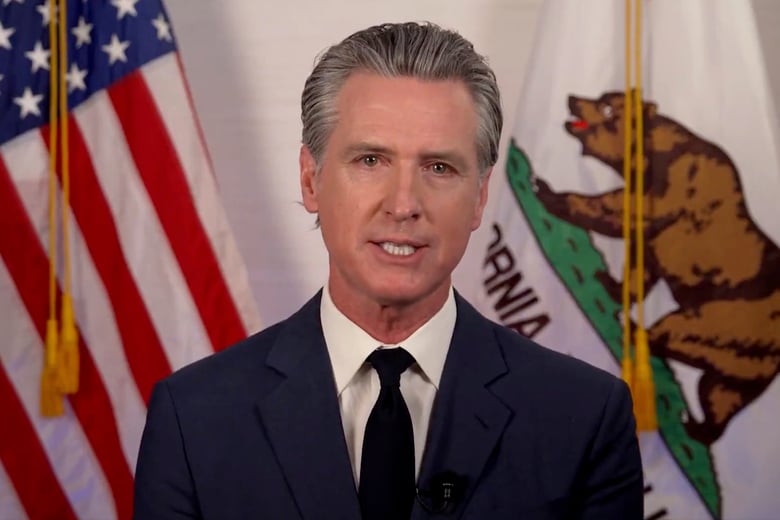Australia’s Escalating International Student Enrollment Cuts Met with Resistance
A unified response against escalating cuts in international student enrollment and job opportunities initiated by the Albanese Labor government in Australia is being orchestrated by the Western Sydney and Macquarie University Rank-and-File Committees. A nationwide remote meeting is slated for Saturday August 2 to discuss strategies to counter these cuts, as well as the transitioning of tertiary education towards a corporatized, militarized model. The universities in the country have been facing job and academic cuts for more than half a year, despite constant rallies and protests from students and faculty. This has resulted in over 3,000 job losses across Australia’s 39 public universities.
Charles Sturt University (CSU), one of the major regional universities in the country, has become the latest to signal substantial job reduction. This follows a similar trend seen in other universities in Sydney such as Macquarie University and Western Sydney University. In addition, Canberra’s Australian National University is continuing with its planned cuts and closures, ignoring opposition from students and faculty. The trend continues with University of Canberra, University Technology Sydney (UTS), and University of Wollongong among others, also showing signs of job losses.
Despite these threats to the Australian tertiary education sector, National Tertiary Education Union (NTEU) and the Community and Public Sector Union (CPSU), the two main trade unions representing the campus workforce, have been averse to any united action. Such non-resistance was demonstrated since the beginning of the COVID-19 pandemic in 2020, allowing over 17,000 jobs to be eliminated. It is essential to comprehend the intricate mechanisms of this detrimental cycle and create new organizational structures, like rank-and-file committees, to oppose it.
These job cuts, at their core, result from the Albanese government’s radical cuts to overseas student enrollments. Universities, which have been severely underfunded, have relied heavily on the substantial fees from international students for the past 15 years. Reduced enrollment places intense financial strain on these institutions, which is part of the government’s scheme to remodel them to align with ‘national priorities.’ These priorities were proposed in the previous year’s Universities Accord report.
The Universities Accord report specifies that all teaching and research efforts should align with the agendas of the corporate sector and war economy. Examples include catering to the needs of the AUKUS military alliance and preparing for a potential conflict with China. The government inaccurately associates overseas students with the growing housing controversy affecting working-class households. Consequently, plans have been outlined to limit the number of international students to 270,000 per annum, nearly halving the tally of 548,000 projected in 2023.
Such drastic cutbacks forecast even graver job losses come 2026 and 2027. From the start of next year, university funding approval will be coupled with a mission tied to the Australian Tertiary Education Commission (ATEC). The agreement will outline the manner in which each university contributes to the Albanese government’s ‘national priorities.’ A portrayal of this concept is the AUKUS-linked Nuclear-Powered Submarine Student Pathways program, with committed funds of $128.5 million over four years to selected universities for training of students in sci-tech skills between 2024 and 2027.
The government’s actions have had a profound impact on arts and humanities, with the intention to cripple analytical and historically-inspired thought. Institutions like Macquarie are expected to remove bachelor’s degrees in fundamental subjects like archaeology, music, education, and ancient languages among others. Critical research areas are also facing the axe. The Australian National University even plans to scrap the Humanities Research Centre and the National Dictionary Centre.
Another factor adding to the financial pressure on universities is the decrease in the number of domestic undergraduate enrollees. Numbers dropped to 262,396 in 2023, marking an 8.9 percent decrease since 2017. This is primarily due to the cost-of-living crisis making studying unattainable for many young people from working classes, coupled with the steep fees of about $17,000 per year in fields like arts, humanities, business, and law.
Despite these hardships, university staff are keen to devise ways to avert job losses. However, instead of offering a concrete solution, the NTEU leadership is exploring to settle an Enterprise Agreement (EA) deal with WSU management, which may take several months. The union also contemplates bringing a budget-slashing ‘counter-package’, which potentially could encapsulate a ‘voluntary redundancies’ program.
While this is happening, the government is diverting vast sums into military expenses. Simultaneously, universities not sufficiently curbing staff and faculty opposition are being penalized with further cuts or cessation of funds. The Macquarie and WSU Rank-and-File Committee highlighted the need for a unified struggle against these job and restructuring cuts in a statement issued on June 24.
To effectively combat these changes, staff and students nationwide must band together. The statement also called for the creation of rank-and-file committees at all universities, independent of the union system. These committees can join forces with global workers through the International Workers’ Alliance of Rank-and-File Committees. By prioritizing the needs of students and staff over corporate and governmental demands, they can draw up relevant propositions.
Potential demands could include halting and reversing the numerous job cuts leading to ever-increasing workloads across the tertiary education sector. Moreover, they could fight the reduction in international student enrolments and defend every student’s right to higher education. It could also push for free education instead of spending billions on war preparations, and uphold the right to conduct independent research, unregulated by corporate, governmental, or military inputs.
This endeavor requires a broader struggle against capitalism and its pursuit of growing corporate wealth and the initiation of conflicts. However, the journey may be a difficult one but is necessary if we are to secure a brighter future for students and staff in the universities and resist the commercialization and militarization of tertiary education.


